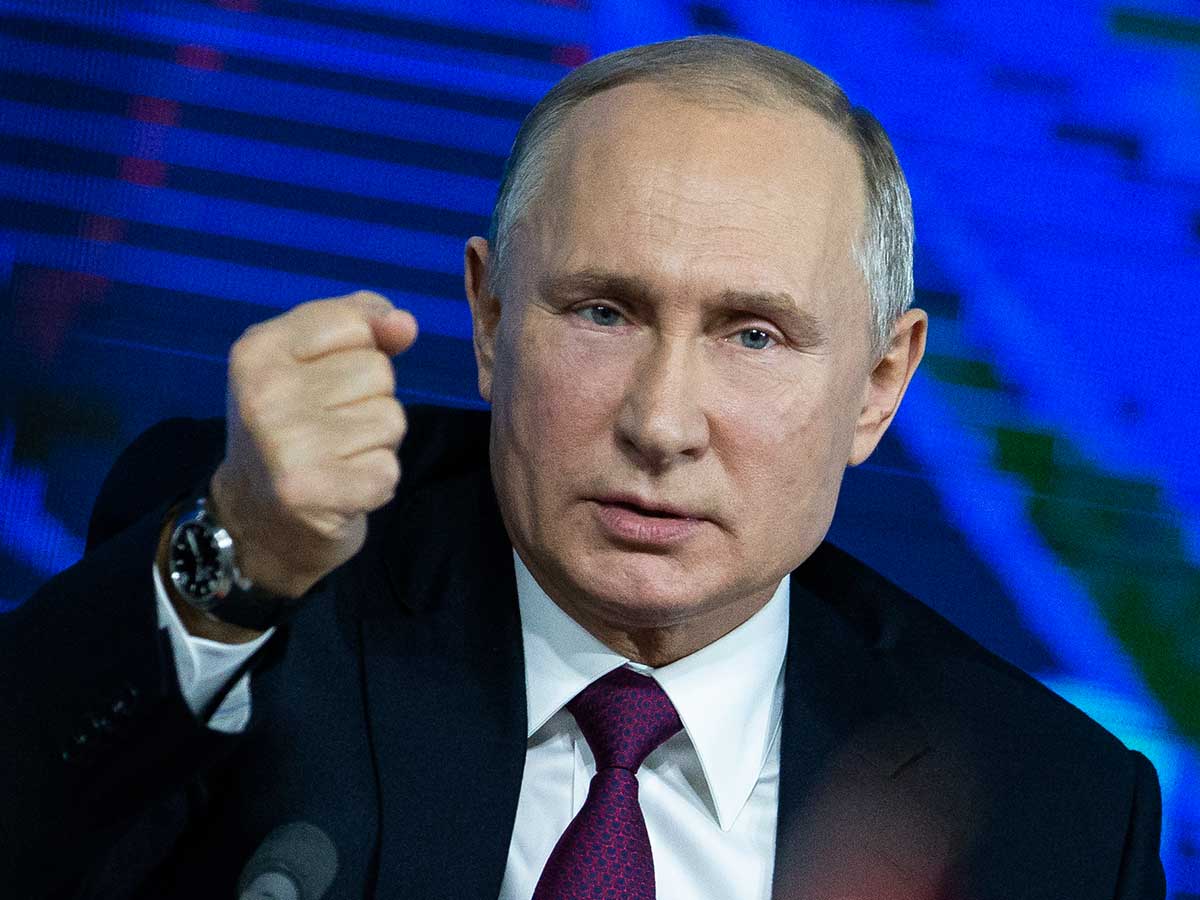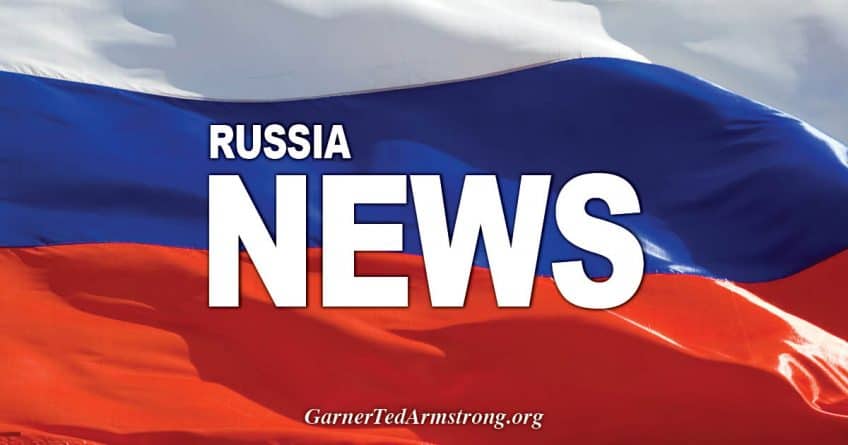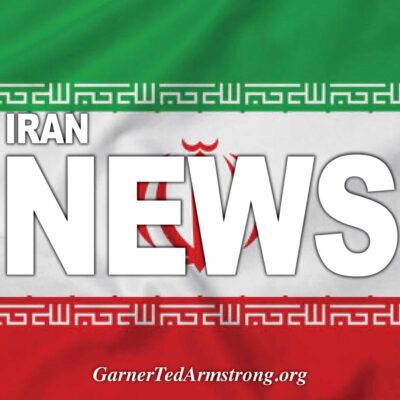If the crisis escalates, there will be pressure to toughen western sanctions on Moscow

Vladimir PutinImage Credit: AP
United Kingdom Defence Secretary Gavin Williamson visited Ukraine on Friday and told Kiev that it does not stand alone during the current high tensions with Russia, which continues to hold Ukrainian ships and sailors. The British move, amid Russia’s seizure several weeks ago of the Ukrainian assets and personnel, comes as Kiev has warned of a potential Russian invasion in what is already the bloodiest European conflict since the wars over the former Yugoslavia in the 1990s.
Fighting between Ukraine and Moscow-based separatists in the Donbass region of eastern Ukraine, alone, has already killed more than 10,000 people, with more than a million people having fled their homes. This underlines that it may be the most dangerous flashpoint in the globe right now, and there is renewed possibility of escalation with Russia increasing troops and weaponry in Crimea and other areas, and boosting its naval presence in the region.
Recently, Ukraine called at the Organisation for Security and Cooperation in Europe (OSCE) for a toughening of US and European sanctions against Russia. These sanctions have been in place since 2014 after the annexation of Crimea, previously a Ukrainian territory, and a pro-Russian leader was toppled in Kiev.
While most of the fighting ended with the 2015 ceasefire, deadly exchanges of fire continue. And western leaders are, once again, trying to de-escalate the situation after Ukrainian Prime Minister Petro Poroshenko warned recently of “full-scale war”.
The last time Poroshenko warned of such a “full-scale Russian invasion along all fronts” was in 2016 when the then French president Francois Hollande said “total war” raising its head again. The challenge for all sides, not least France and Germany which helped broker the February 2015 Minsk agreement, is that the terms of the deal are still far from being realised.
These provisions include an immediate, full bilateral ceasefire, plus withdrawal of heavy weapons from Donetsk and Luhansk where fighting since 2014 has seen Russian-backed separatists seize significant portions of the regions. This has raised international fears about the viability of the Ukrainian state. Whether tensions escalate or subside will probably depend most now upon the political calculus of Russia.
Previously, Moscow had hoped that sustained economic, military and political pressure could lead to significant loss of support within Ukraine for the pro-western orientation of the Kiev government. That scenario has not fully come to pass yet, although Poroshenko is facing an uphill struggle for re-election on March 31.
In this context, it is unclear what the risk tolerance of the Russian leadership now is with Putin in what could prove a final six-year term as president. Russian Foreign Minister Sergei Lavrov insists that Moscow remains committed to the Minsk agreement, although Putin has said it is “too early” to return Ukrainian sailors and naval vessels, which it claims were seized because they had violated Russia’s territorial waters.
If tensions rise further in December or early 2019, international debate could reignite not just about sanctions, but also intensified military support for Poroshenko’s government that has imposed martial law. Kiev in recent years has received enhanced support, including from Nato, which has recalibrated its capability to respond to what is perceived as an enhanced Russian security threat — not just to Ukraine, but also other countries too, including the Baltic states.
Specific measures include boosting Nato forces in East Europe with four battalions, led by the UK, United States, Germany and Canada, rotated in Estonia, Latvia, Lithuania, and Poland. This is being buttressed by measures to boost defence capabilities and resilience of Ukraine, Georgia and Moldova through a range of political and practical support. Moreover, Nato continues working with Finland and Sweden, including to bolster security in the Baltic Sea and Black Sea areas.
It is also possible that a further uptick in tensions in Ukraine may also reopen debate in Washington over America’s enhanced military support for Kiev, following former US president Barack Obama’s consideration towards the end of his term of office of a range of potential options, including so-called ‘non-lethal’ equipment such as reconnaissance drones and radar screens. Prior to the announcement of the Minsk deal, the then US defence secretary, Ashton Carter, asserted his preference of providing enhanced military assistance to Ukraine, and there are still pockets of support within the Congress for providing this.
However, the West is divided on this issue, with some key figures in Europe especially concerned that provision of equipment, such as anti-tank weapons, could be used by Ukraine not just to secure military balance on the ground between its own and separatist forces, but that it could potentially become a means to achieve more ambitious, risky military goals.
German Chancellor Angela Merkel, for instance, cites her own experience of growing up in East Berlin during the Cold War, and has repeatedly said that there is no military solution to the conflict. She particularly fears that, given current mistrust with Moscow, providing extensive weaponry to Ukraine will only intensify the conflict, which could risk becoming a proxy war between Russia and the wider West.
Taken overall, international diplomatic activity could now ramp up significantly with the crisis potentially spiraling out of control again. With much now depending upon the calculus of Moscow, if the crisis escalates further, there may be growing pressure not just to toughen western sanctions, but also to provide enhanced military assistance to Kiev.
Andrew Hammond is an Associate at LSE IDEAS at the London School of Economics.
Source: https://gulfnews.com/opinion/op-eds/why-worlds-scariest-flashpoint-may-be-russia-ukraine-1.61073623
[Disclaimer]









